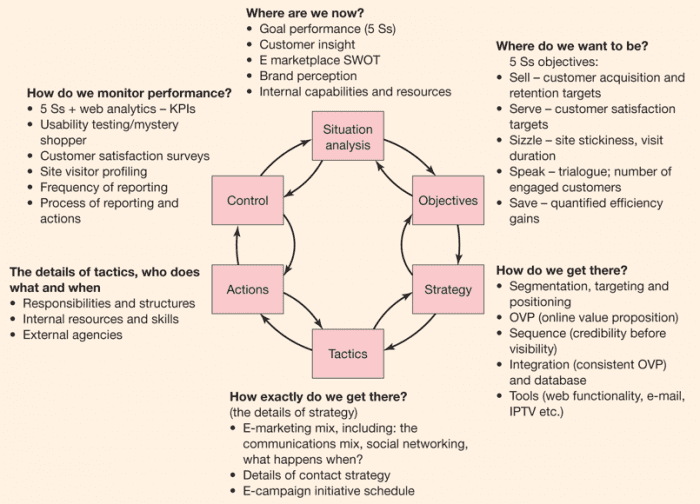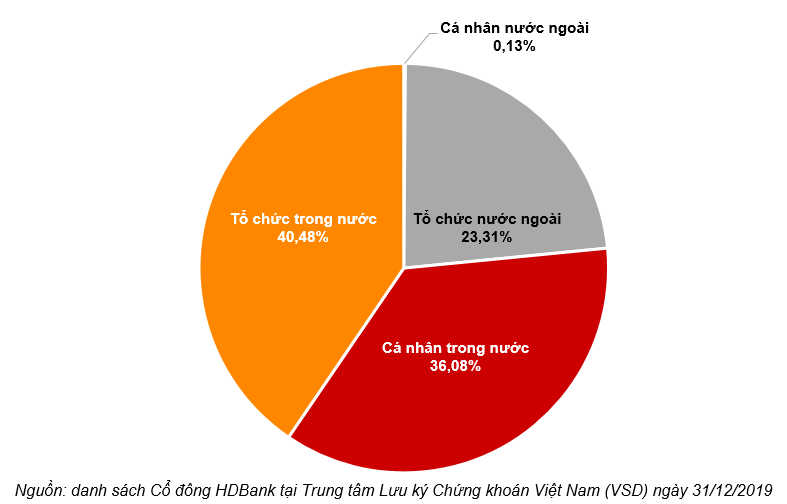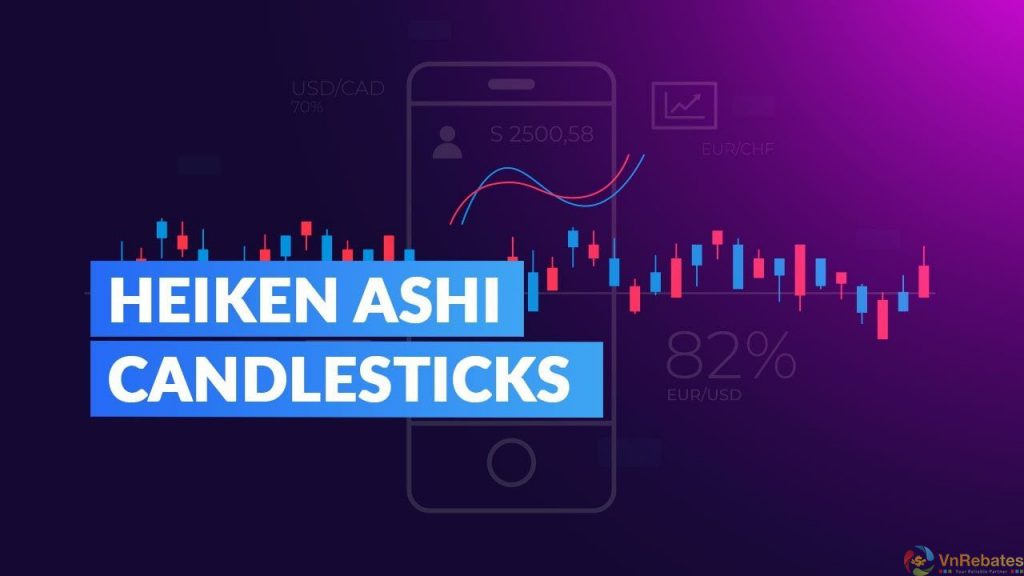Payment aggregators make it easier for your growing business to accept online payments. Here’s what you need to know to get started.
Bạn đang xem: Aggregator là gì

Payment aggregators are third-party providers that allow businesses to accept online and mobile payments without needing to involve a bank. — Getty Images/Nastasic
In 2018, e-commerce sales accounted for nearly 15% of all retail sales. So the ability to accept online payments is crucial for growing your business and providing quality service to your customers. And many business owners find that the easiest way to do this is by using a payment aggregator.
What is a payment aggregator?
A payment aggregator is a service provider that allows merchants to process mobile or e-commerce payments. They let businesses accept credit and debit card payments without setting up a merchant account through a bank.
Instead, you use a third-party payment provider to process your online transactions for you. The provider groups your business with other merchants and accepts payments on behalf of everyone.
5 Ways Your Business Can Accept Payments>
If you set up a merchant account, you’re the owner of that account. Whereas when you use a payment aggregator, you become the sub-merchant and rely on the other company’s merchant account.
A payment aggregator is a service provider that allows merchants to process mobile or e-commerce payments
Advantages of using a payment aggregator
Here are some of the biggest advantages of using a payment aggregator:
The application process is simple. Setting up a merchant account can be tedious and often involves an in-depth look into your business. In comparison, payment aggregators require little paperwork to get started.
Xem thêm: Connector Là Gì – Đầu Nối Cáp Feeder Là Gì
You can get started right away. If you’re just starting your business, you’re probably anxious to begin accepting payments right away. Once the payment aggregator processes your application, you can begin accepting online payments right away. The fee structure is straightforward. Most payment aggregators charge a flat fee that is easy to understand. And there are no long-term contracts so you can always switch to using a merchant account at a later date. It’s cheaper in the short-term. Over the long haul, most businesses find that merchant accounts are the more affordable option, especially if you process a large number of transactions. But if you’re just getting started and process a relatively low volume of transactions, a payment aggregator may be cheaper.
Disadvantages of using a payment aggregator
There are downsides to every business decision. Here are a few disadvantages to using a payment aggregator:
Delayed funds. When your customers pay you, the money goes through the payment aggregator first. This means they have control over when the funds are dispersed. Most will put a 24-48 hour hold on dispersing the funds but in some cases, the hold could be longer.Possibility of account holds. When you work with a payment aggregator, that company assumes a certain amount of risk on your behalf. So they take potential security threats very seriously. If any of your payment activity is suspected of being fraudulent, they can place a hold on your account. Higher fees. As your transaction volume continues to grow, so will the fees. That’s because a larger transaction volume translates to more payment processing risk. And some payment aggregators put limits on the number of transactions they are willing to process so you’ll want to find out this information ahead of time.
Understanding Credit Card Processing Fees and Chargebacks>
There’s no right answer when it comes to how your business should accept online payments. But payment aggregators are preferred by most small businesses that process a low number of transactions.
Do your homework before choosing a payment aggregator. Find out the company’s fee structure and whether they put a limit on the number of transactions they’ll process. And it’s also a good idea to find out what kind of customer support they offer if there’s ever a problem.
CO— does not review or recommend products or services. For more information on choosing the best credit card processors, visit our friends at business.com.
Xem thêm: Lá Lách Là Gì – Nguyên Nhân & Triệu Chứng
CO— aims to bring you inspiration from leading respected experts. However, before making any business decision, you should consult a professional who can advise you based on your individual situation.
Chuyên mục: Hỏi Đáp










